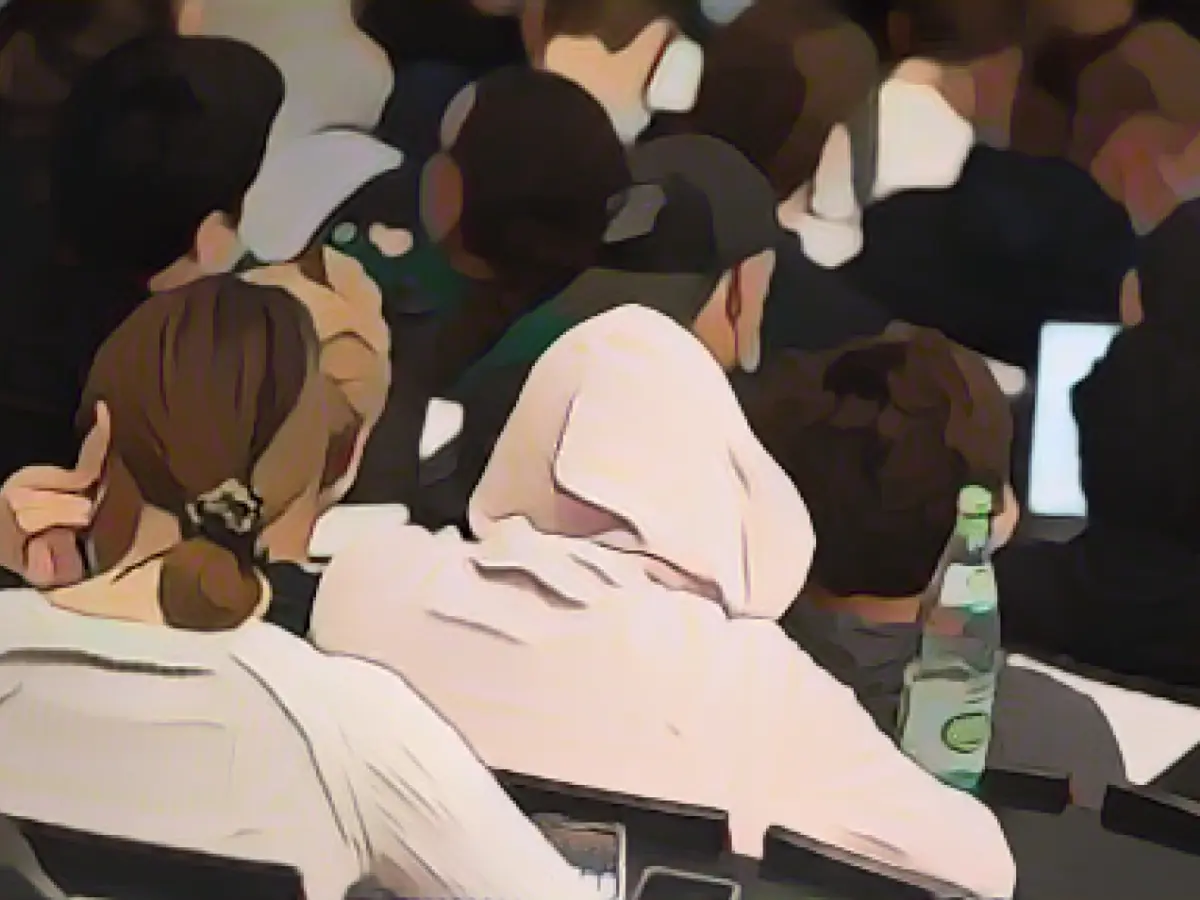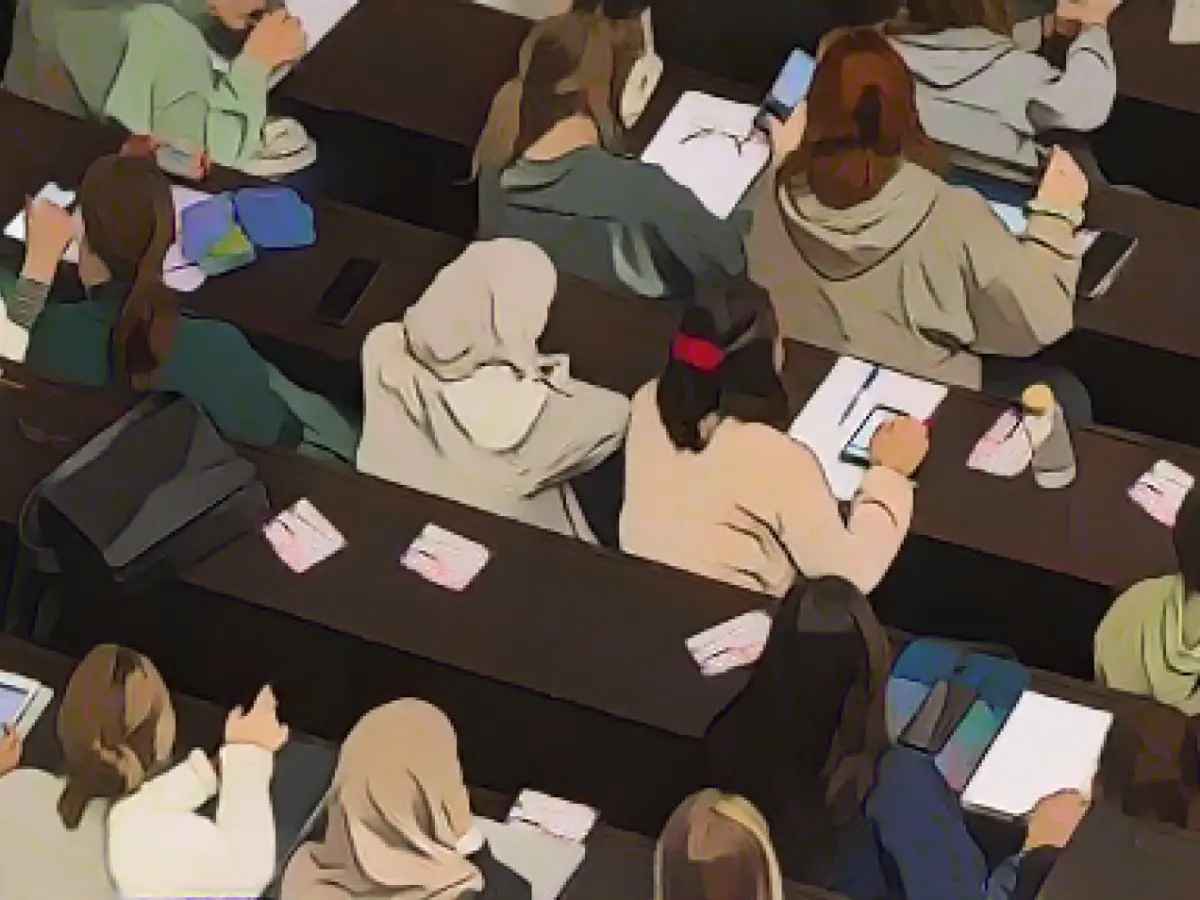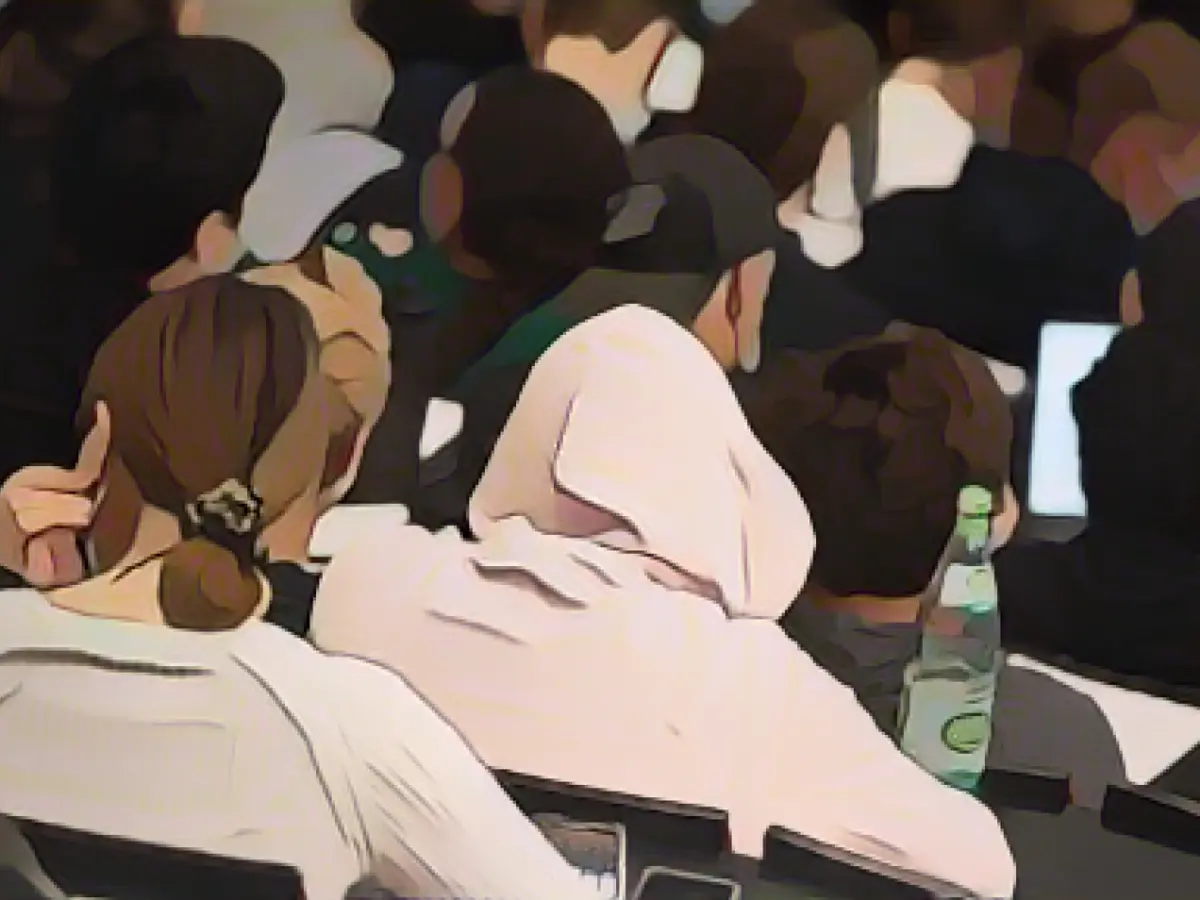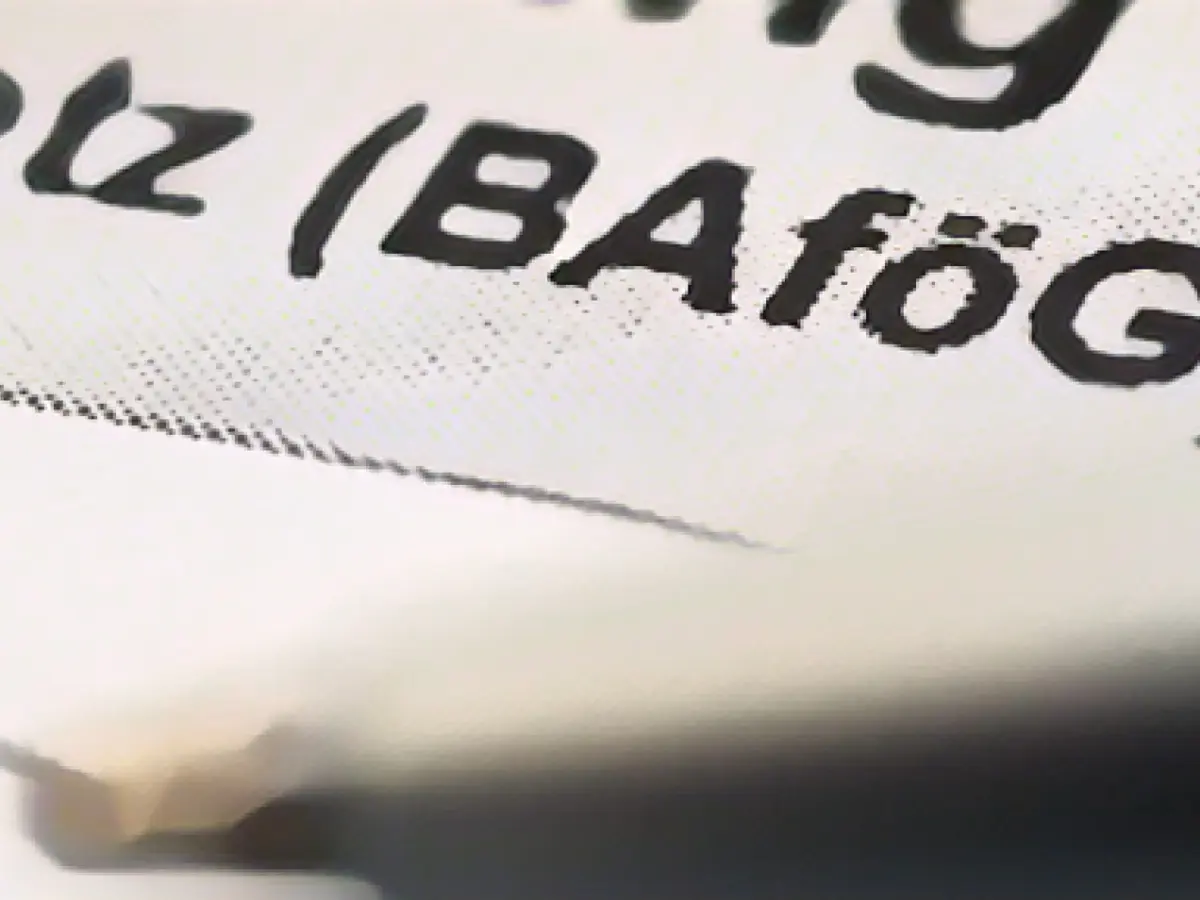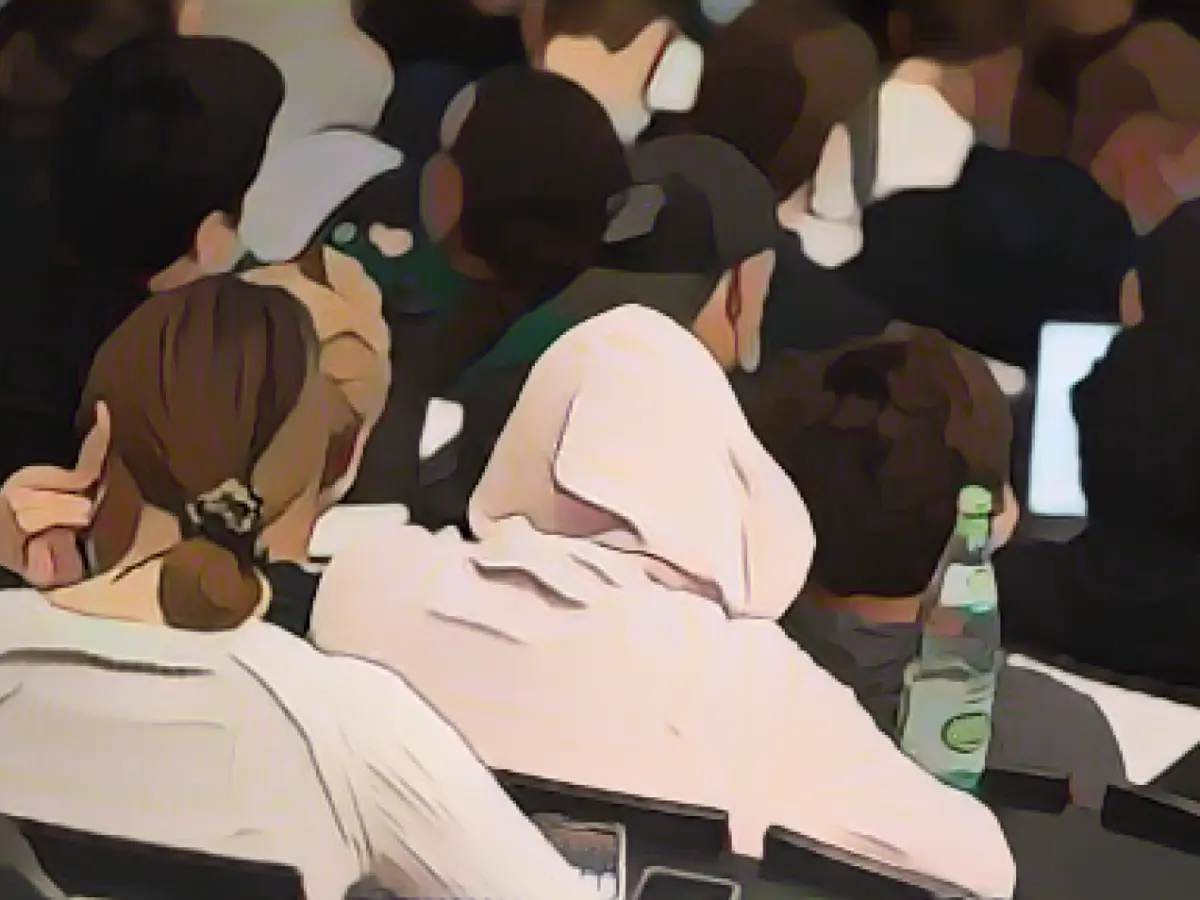Title: Saarland Students Rely Less on State Funding for Education, Raising Equity Concerns
Saarland, Germany, has an unusual trend when it comes to student financing. An analysis published by the Center for Higher Education Development (CHE) reveals that only 14% of students rely on state funding for their studies. This is a significant contrast to the national average, where 9 out of 10 students rely on financial support from their parents and more than two-thirds work while attending university.
According to the CHE data, most Saarland students finance their education through part-time jobs or the support of their parents. While 85.8% of students in Saarland didn't avail of Bafög or other state-initiated student loans or scholarships, only 8.8% in the state received Bafög, compared to 11.5% nationwide.
The CHE expressed concern about the potential impact of this trend on equitable participation in higher education. Study author Ulrich Müller pointed out that reliance on parental wealth or flexible degrees that can accommodate part-time work does not correlate well with merit or accessibility.
However, there are other factors to consider that might influence the reliance on state funding in Saarland.
- The rising prevalence of distance learning programs in Germany might impact the reliance on state funding. Distance learning often requires careful financial planning, potentially leading more students to rely on private funding or loans.
- The inclusion of distance learning students in federal state statistics can distort the official numbers, making it challenging to accurately assess the reliance on state funding. This could affect educational policy formulation and implementation.
- The high cost of many Bachelor's and Master's programs can place a significant financial burden on students. This might encourage students to seek alternative funding sources, potentially reducing reliance on state funding.
- The shift towards private or alternative funding sources could exacerbate existing inequities in education. Students from lower-income backgrounds might struggle to access higher education, potentially leading to a less equitable distribution of educational opportunities.
In conclusion, while the low utilization of subsidies in Saarland is noteworthy, more factors could influence the reliance on state funding and its implications for equitability in education. As the Saarland education system evolves, policymakers should closely examine the potential consequences of this trend to ensure all students have access to high-quality education.
Sources:
This enrichment section is an integral part of the base article and contains points connected to the topics, including relevant and informative details.
